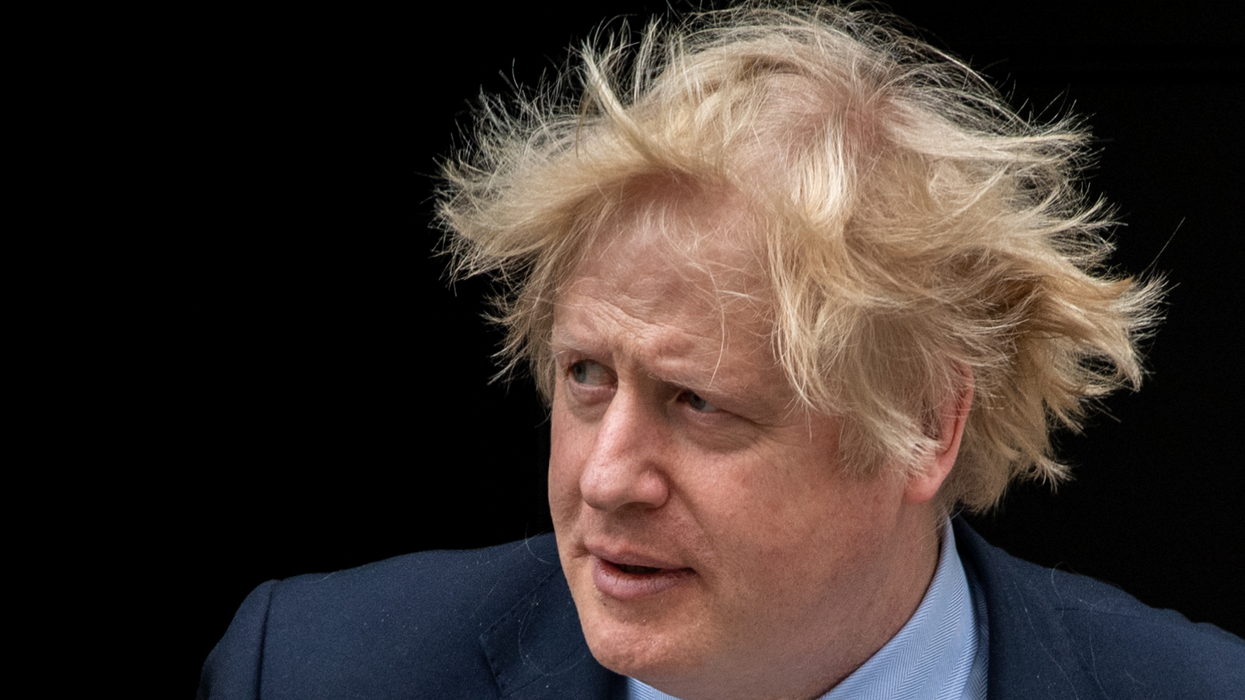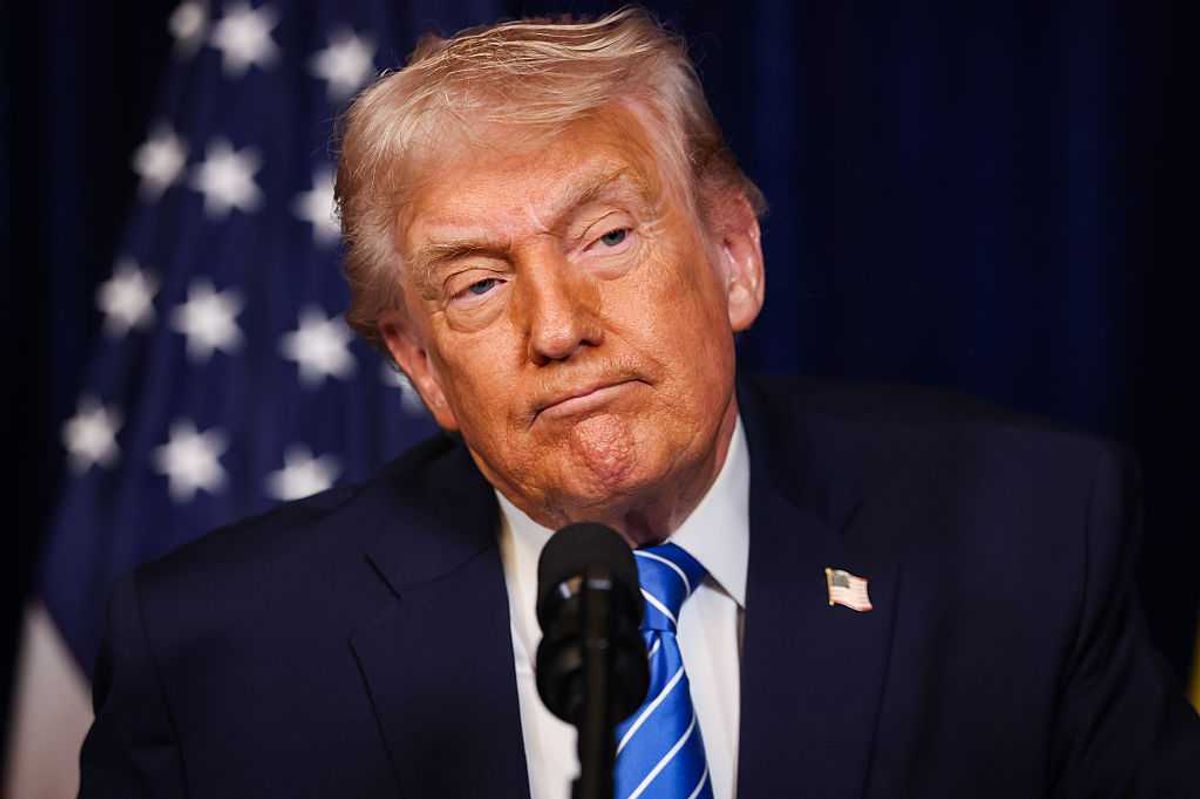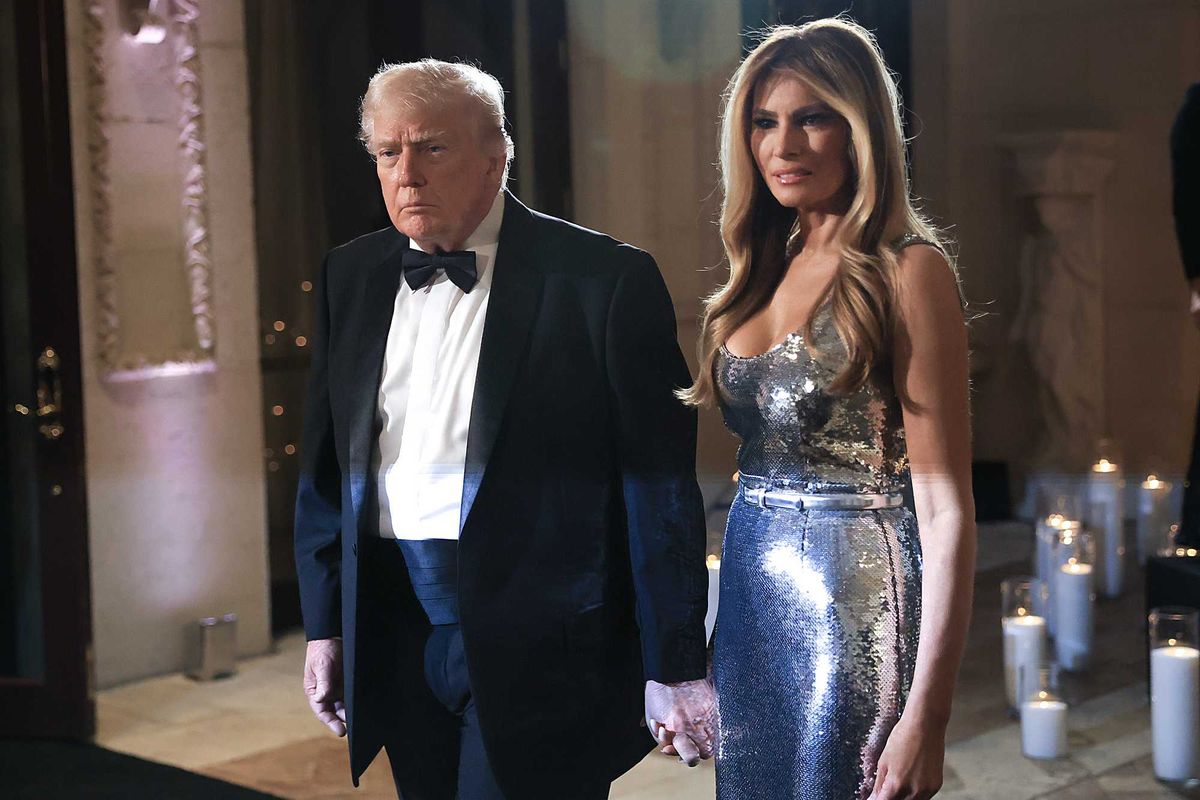News
Indy100 Staff
Jun 18, 2020

Getty
Since organisations responsible for dictionaries gained Twitter accounts and a virtual voice, people have been quick to spot supposed occasions when the likes of the Oxford Dictionary are subtly commenting on current affairs.
Like in 2017, when Merriam Webster started going after Donald Trump.
Or in 2018 when Dictionary.com “threw shade” at Kylie Jenner’s “self-made” billionaire claim.
The latest big name to seemingly receive an oblique reference is Boris Johnson.
Eagle-eyed journalist Hannah Price spotted an interesting sentence example listed under the online entry in the Cambridge Dictionary for the noun “u-turn”.
Cambridge Dictionary defines “U-turn” as meaning:
A complete change from one opinion or plan of action to an opposite one.
As an example of how the word can be used in a sentence, the dictionary suggests:
The prime minister did/made a quick U-turn in response to all the adverse publicity.
Given recent events, Price naturally thought Cambridge Dictionary must be referring to Johnson.
The PM just made a very public U-turn on the issue of free school meal vouchers after a campaign led by footballer Marcus Rashford.
Johnson was going to scrap the supermarket vouchers – given to children who receive free school meals to ensure they eat during the six-week summer holidays – but a high profile campaign eventually persuaded him otherwise.
A U-turns go, it was a pretty big one.
So it makes sense to assume that the Cambridge Dictionary might have updated their records to reflect that.
Sadly not though; it seems prime ministers doing U-turns has been a relevant example for a while.
Cambridge University have used it since at least 2018, as a previous tweet shows.
Guess Johnson is just fulfilling a grand political tradition of being publicly forced to backtrack.
Top 100
The Conversation (0)













